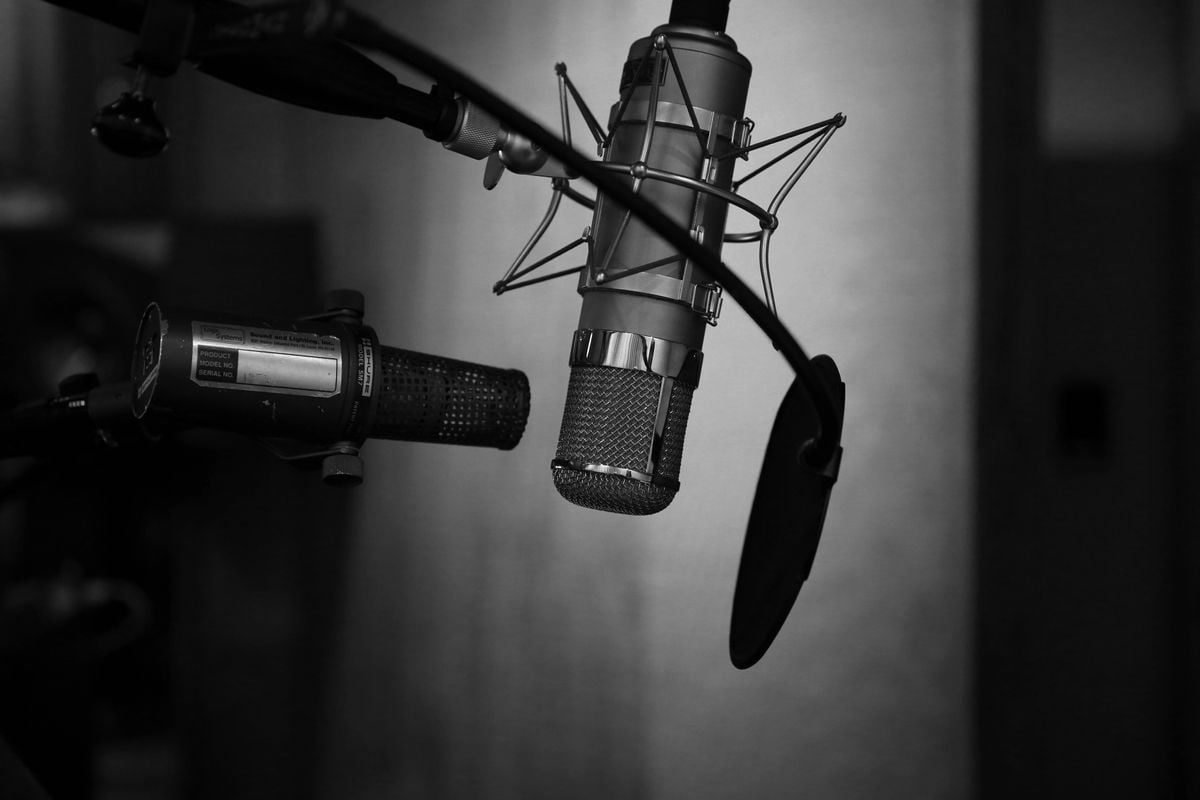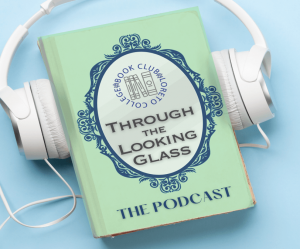
A Level English Language
- Are you curious about the power of language and its impact on communication in our everyday lives?
- Are you passionate about the influence of technology and social media on our language and communication patterns?
Why not choose English Language A Level to uncover the secrets behind language variation and how it shapes our society?
There’s so much to think and talk about at the minute. Politics, social media, climate change. We like to explore all of these big issues on the A Level English Language course at Loreto.
You can find and express your own voice through the writing of a range of different fiction and non-fiction genres such as blogs and opinion pieces as well as crime and dystopian fiction. Analyse the language of politics and power. Dive into the often- wild world of social media through the analysis of tweets and Instagram bios. Chart the remarkable development children go through as they learn to speak.
Exam board: EDUQAS
Components
COMPONENT 1 – LANGUAGE CONCEPTS AND ISSUES
Percentage of total marks: 30%
Method of assessment: Written Exam 2 hours
Study of spoken language and other language issues such as language and power.
COMPONENT 2 – LANGUAGE CHANGE OVER TIME
Percentage of total marks: %
Method of assessment: Written Exam 2 hours 15 minutes
Study of earlier periods of English and more modern areas such as social media
COMPONENT 3 – CREATIVE AND CRITICAL USE OF LANGUAGE –
Percentage of total marks: 20%
Method of assessment: Written Exam 1 hour 45 minutes
Creative writing – fiction and non- fiction texts.
COMPONENT 4 – LANGUAGE AND IDENTITY
Percentage of total marks: 20%
Method of assessment: NEA Coursework
A language investigation into a topic of your choice.
Skills
You will develop your analytical and interpretative skills in relation to spoken and written texts. Through independent research, classroom discussion and essay writing you will develop your interpersonal and communication skills.
“A level English Language for me is a fascinating way to examine aspects of society, the media, and our everyday lives- analysing language choices and the power behind our words”.
Click here to listen to our students on the University of Salford’s National College Podcast
Careers/Destinations
You could go on to careers in the creative arts, journalism, copy-writing, marketing, teaching and many more.

Click here to listen to our fantastic book club students in their podcast
English Department
What is the difference between A level English Language and A level English Literature?
The two courses are entirely different. In Literature, students will
study a range of genres – novels, poetry and drama – and will also
be required to analyse unseen texts. In Language, students will
study a wider range of texts – both fiction and non-fiction. They will
also study spoken language in action – for example how children
acquire language, political discourse and everyday conversations.
What are the topics you study on the English Language A level?
There are a variety of topics covered on the A level including,
Language and Power, Child Language Acquisition, Standard and
Non-Standard English and Language and Gender. We study texts
from Early Modern English (1600-1800) up to English in the 21st
Century mainly focusing on language use and changes that have
occurred post-2000. For the coursework component, students may
choose an area of the course in which they want to specialise for
their investigation.
What does the combined A level in Language and Literature entail?
You study literature: A Streetcar Named Desire (Tennessee
Williams), The Great Gatsby (F Scott Fitzgerald) and The Whitsun
Weddings (Philip Larkin)
Also
An anthology of non-fiction texts which includes newspaper articles
and opinion columns, famous speeches, and transcripts of TV
interviews e.g. there is one with former President Obama.
Coursework: you will write a piece of fiction and non-fiction e.g. a
dystopian short story and an article on a subject of your choice.
What are the set texts for A level English Literature?
Drama: A Streetcar Named Desire, (Tennessee Williams) The
Duchess of Malfi (John Webster) and either King Lear or The
Tempest (Shakespeare)
Poetry: The Whitsun Weddings by Philip Larkin, and Meantime by
Carol Ann Duffy and The Merchant’s Tale by Geoffrey Chaucer
Coursework is a comparative essay on two novels. This year they
are A Room with a View and either The Reluctant Fundamentalist
(Mohsin Hamid) or Girl Meets Boy (Ali Smith)
How are the 3 A levels assessed?
Both Literature and Language have 3 exams at the end of the 2-
year courses. They are worth a total of 80% of the marks. Each A
level also has a coursework component worth 20% of the course.
Is there coursework for the English A Levels?
Yes, each A Level has a coursework component, which is introduced
in the first year.
Does the combined A level count as 1 subject?
Yes. It would be 1 of the 3 subjects you would choose to study at
Loreto.
Are English A levels well-regarded by universities?
Yes! All three A levels help students to develop their spoken and
written communication skills. They involve analysis, research and
independence. These are essential preparation for undergraduate
study and they also combine well with a whole variety of other
subjects.
I want to be a journalist. Which English A level would be best for me?
Any of the English A levels will give you the confidence in written
and spoken expression and a wide cultural knowledge.
I want to be a lawyer. Which English A level should I choose?
English Literature is typically regarded as the best option here.
I really like creative writing. Which of the 3 A levels should I choose?
There are opportunities for creative writing in both English
Language and the combined A level throughout the two years. Even
if you do not choose to study English you can opt into a creative
writing enrichment class which is one period a week and completed
alongside your other subjects. Check out our Manchester Muse blog
for some examples of the work that these students have produced.
